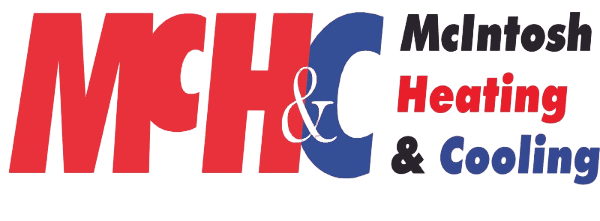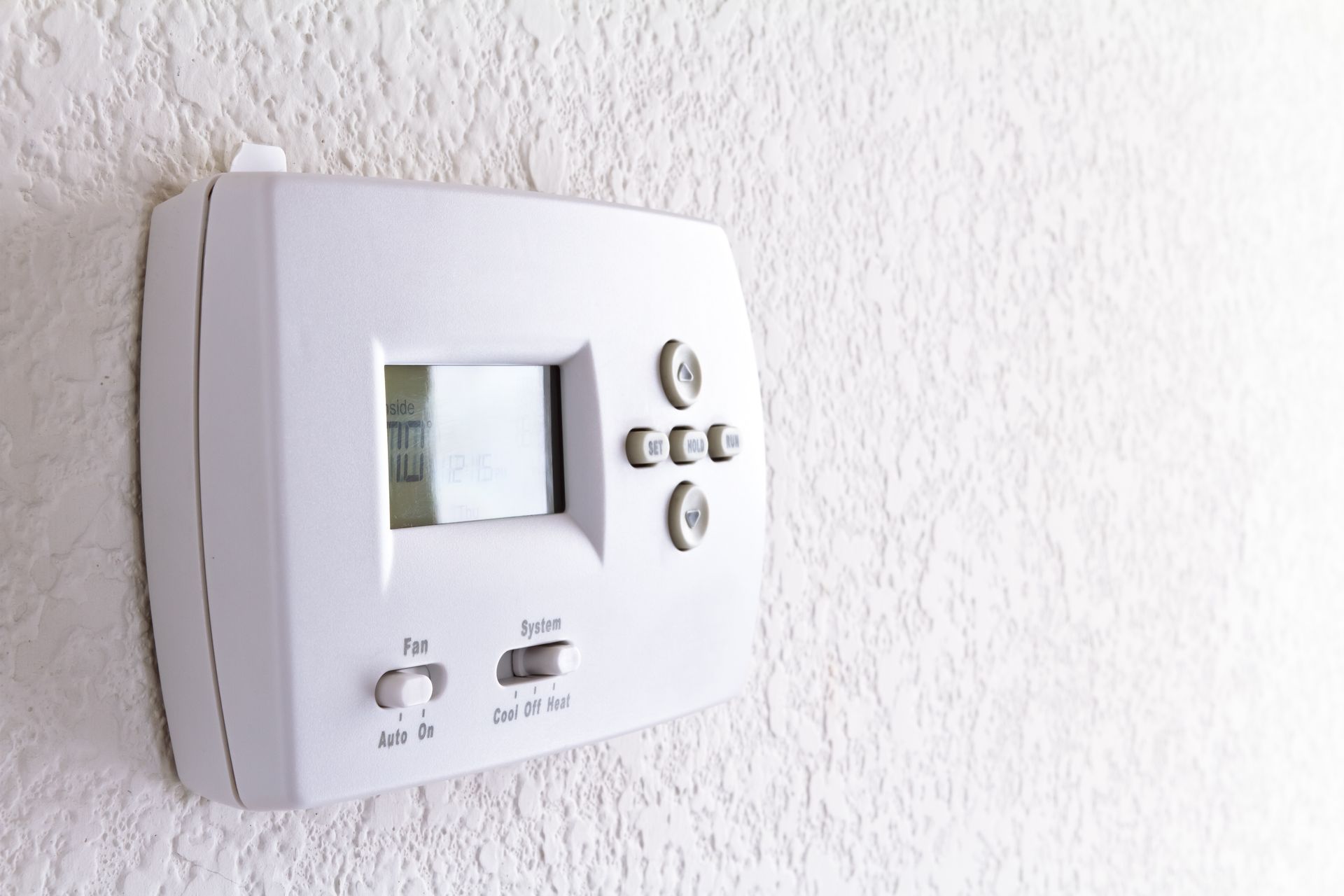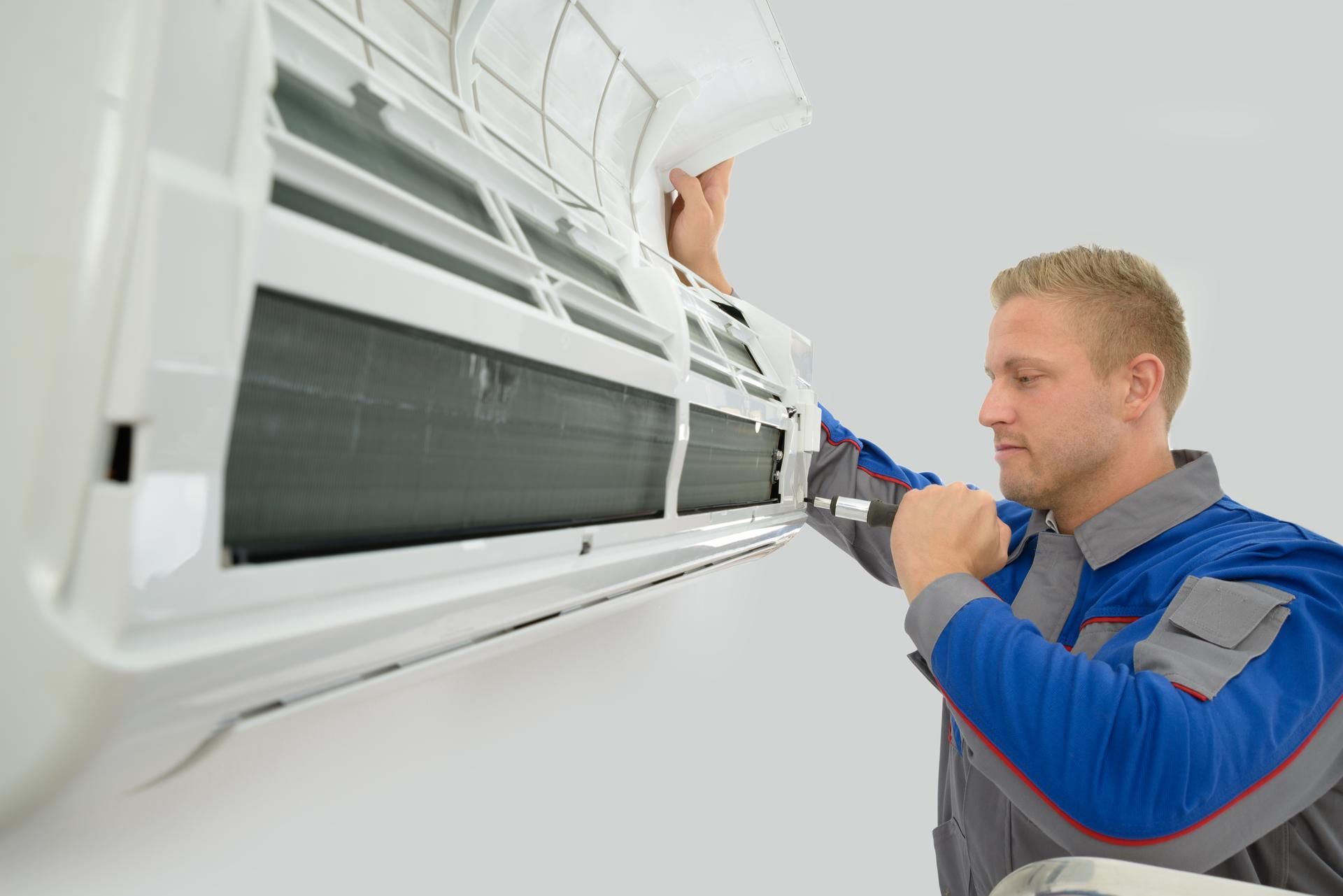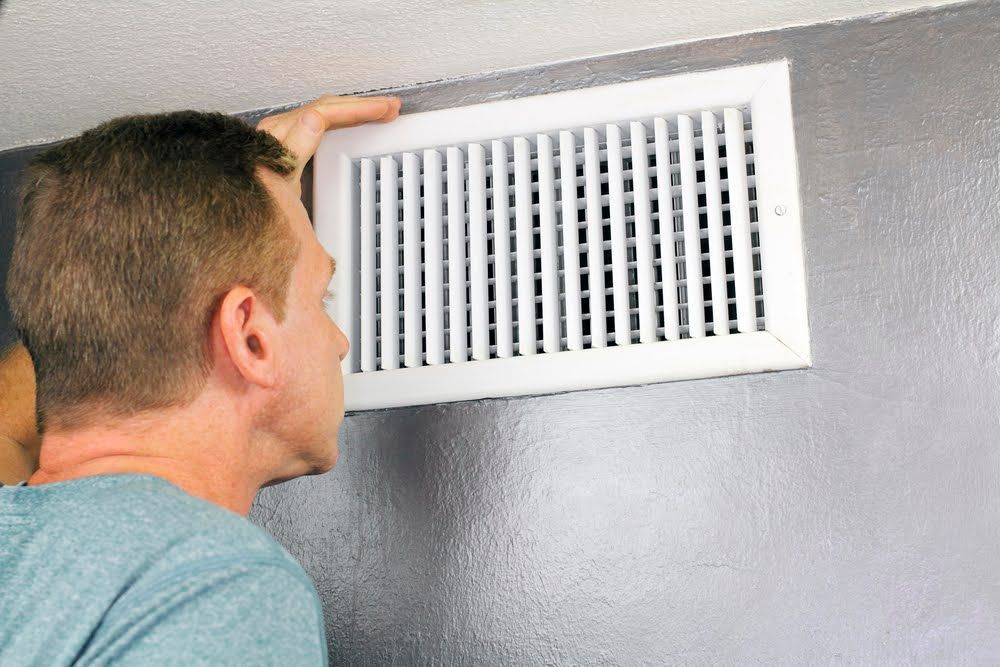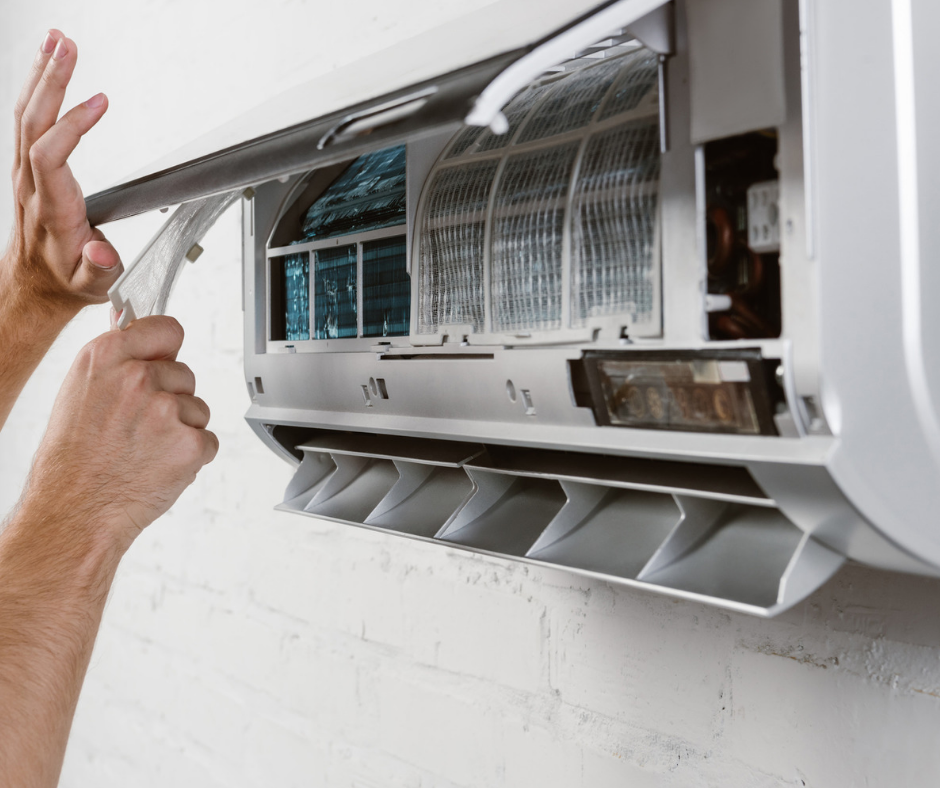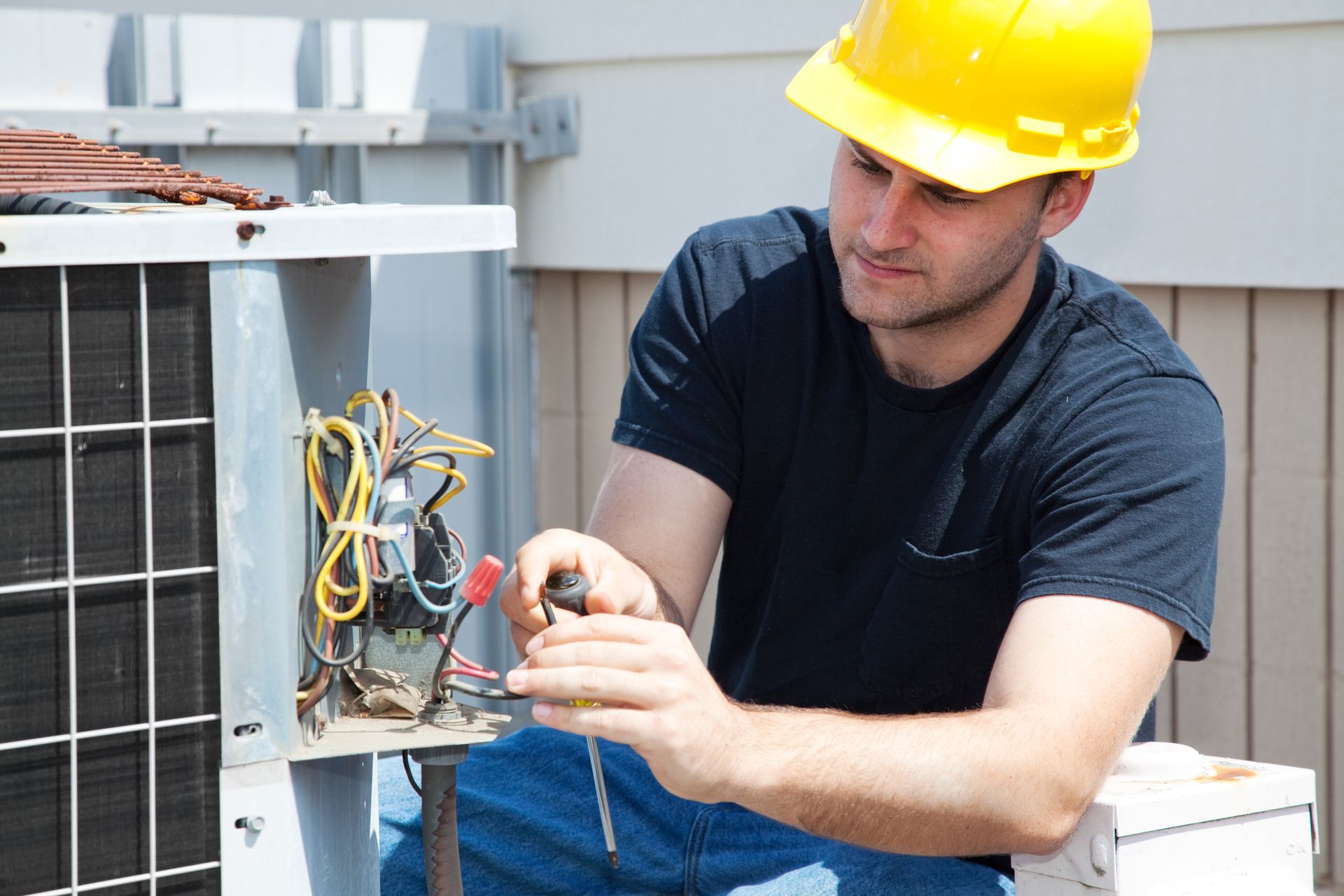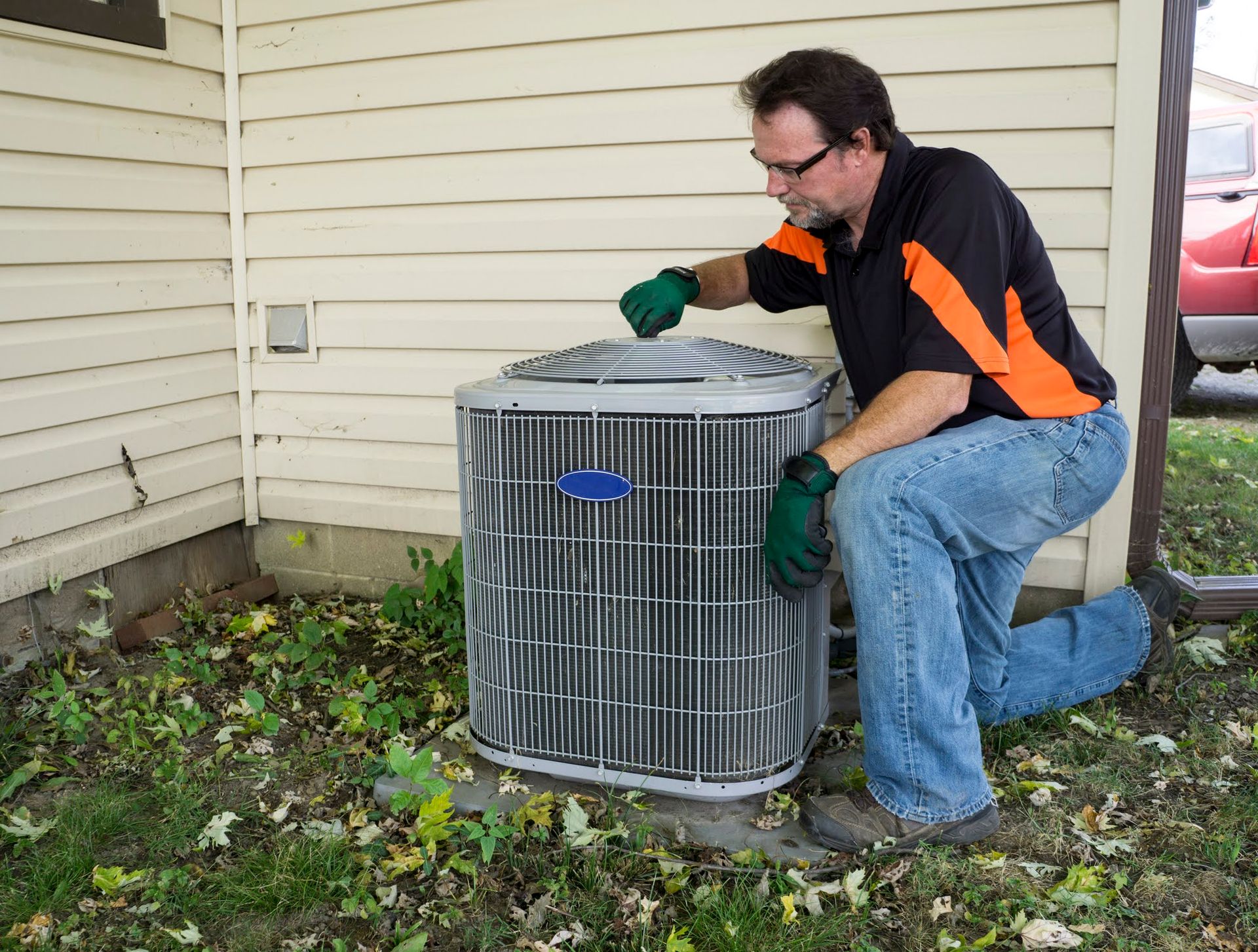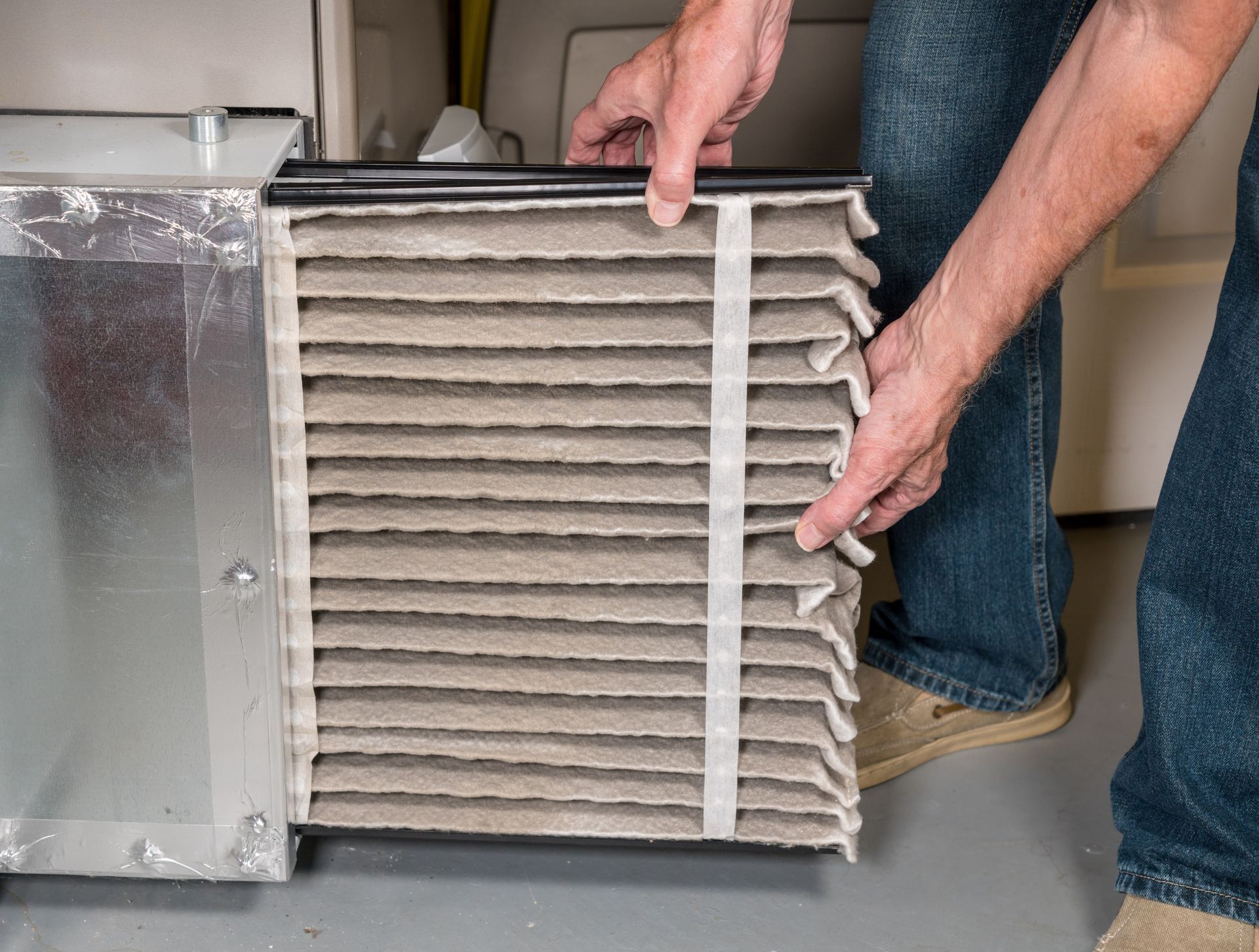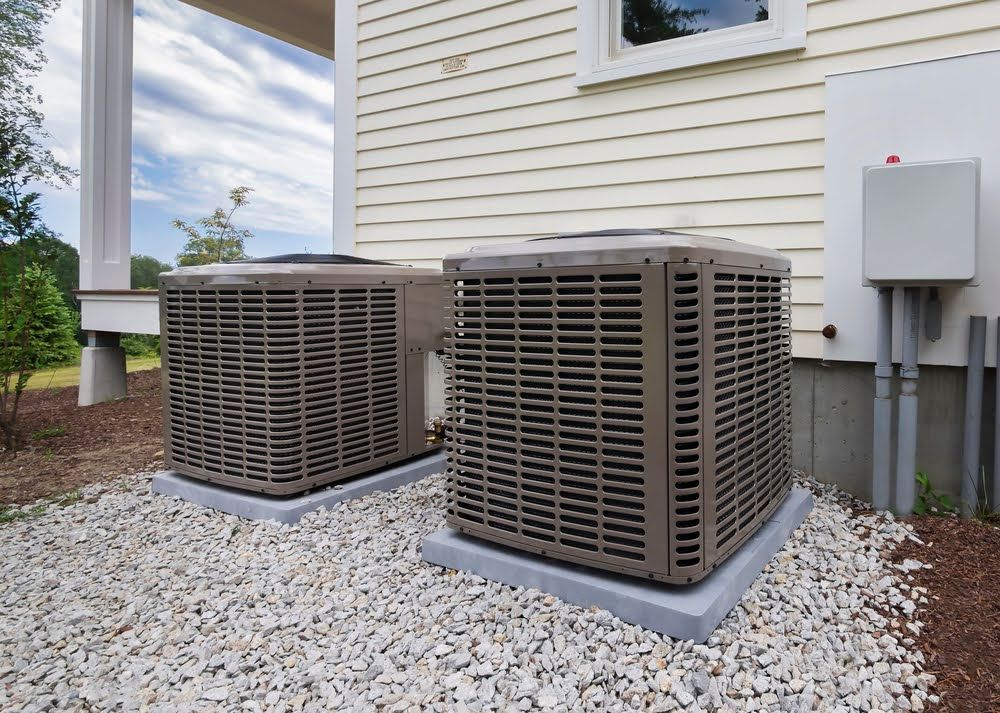Commercial AC Maintenance Checklist for Facility Managers
Maintaining your commercial HVAC system isn't just about comfort—it's about protecting your investment, ensuring energy efficiency, and avoiding costly emergency repairs. A well-maintained commercial air conditioning system can last decades, while a neglected one may fail within years. This comprehensive maintenance checklist will help facility managers stay on top of their HVAC responsibilities and keep their systems running smoothly year-round.
Monthly Visual Inspections
Start with a thorough visual inspection of your commercial AC units. This proactive step can reveal developing issues before they escalate. Check for obvious signs of wear, damage, or unusual conditions around both indoor and outdoor equipment. Look meticulously for oil stains, rust, corrosion, or any loose components that might indicate developing problems with motors, belts, or refrigerant lines. Pay close attention to unusual noises like grinding, squealing, or rattling, vibrations that weren't present before, or odd chemical or burning odors emanating from the equipment during operation. These auditory and olfactory clues are often the first indicators of a mechanical or electrical fault. Additionally, inspect the surrounding area for debris, excessive vegetation, or any obstructions that could impair airflow to the condenser coils or block vents, as restricted airflow significantly reduces efficiency and puts strain on the system.
Filter Maintenance and Replacement
Commercial HVAC filters require significantly more frequent attention than residential systems due to higher usage volumes and the larger quantities of air being processed within commercial spaces. It's crucial to check filters monthly and replace them as needed based on visual inspection, the environment, and manufacturer recommendations. Dirty filters are a major culprit for system inefficiency; they restrict airflow, forcing your system to work harder to push air through, leading directly to increased energy costs and premature wear on critical components like the blower motor. Different areas of your facility may require different filter types or replacement schedules based on air quality needs. High-traffic areas, dusty industrial environments, or spaces with specific air quality requirements (like medical facilities) may necessitate more frequent changes, possibly with higher MERV-rated filters.
Thermostat and Control System Checks
The thermostat and building automation system are the brains of your commercial HVAC operation. Regularly verifying that all thermostats are functioning correctly is vital. Test temperature readings against actual conditions using an independent thermometer and ensure that all scheduled programs, setback temperatures, and occupancy overrides are running as intended. Check that all zones within your facility are responding appropriately to control inputs and that no areas are experiencing persistent temperature inconsistencies or "hot spots" or "cold spots" which indicate poor distribution or control issues. Review energy management settings and schedules to ensure they align perfectly with current occupancy patterns, business hours, and operational needs. Outdated or incorrect programming can waste significant energy by heating or cooling empty spaces and create major comfort issues for building occupants, impacting productivity and client satisfaction.
Electrical Component Inspection
Given the high power demands of commercial HVAC systems, a thorough inspection of electrical components is paramount for safety and reliability. Examine all electrical connections, wiring, and control panels for any signs of wear, corrosion, or damage. Look specifically for loose connections, frayed or burned wires, or corroded terminals that could cause intermittent system failures, complete shutdowns, or serious safety hazards like electrical fires. Check that all electrical panels are properly secured, labelled, and free from obstructions, and verify that circuit breakers are functioning correctly and are appropriately sized for their respective loads. Test all safety switches and emergency shutoffs to ensure they're working properly; these components are critical for protecting both expensive equipment and the safety of personnel in case of system malfunctions or emergencies, preventing more severe damage or injury.
Drainage System Maintenance
Commercial AC systems produce substantial amounts of condensate (water) during the cooling process, which must be properly drained to prevent severe water damage, structural issues, and dangerous mold growth. Inspect all drain pans, pipes, and pumps regularly for clogs, leaks, or standing water. Clean drain lines thoroughly and ensure that condensate is flowing freely away from the equipment and the building structure; a clogged drain line can cause water to back up into the system or overflow into occupied spaces. Check that drain pans are clean, free of microbial growth, and properly positioned to catch all condensate. If your system uses condensate pumps, verify that they are operating correctly, cycling on and off as needed to remove accumulated water.
Refrigerant Level Monitoring
Maintaining correct refrigerant levels is crucial for optimal AC performance and efficiency. While refrigerant level checks and adjustments require specialized equipment and training by certified HVAC technicians, facility managers should monitor for macroscopic signs of refrigerant leaks or low levels. These include a noticeable reduction in cooling capacity, the formation of ice or frost on evaporator or condenser coils, or a distinct hissing sound emanating from the equipment, which can indicate a leak. Any suspected refrigerant issues should be addressed immediately by qualified technicians, as leaks not only harm the environment but also severely impact efficiency and can damage the compressor.
The Value of Professional HVAC Maintenance Services
While facility managers can certainly handle many routine maintenance tasks, professional HVAC maintenance services provide an indispensable layer of expertise and specialized equipment that goes far beyond basic upkeep. Professional technicians can perform comprehensive system diagnostics using advanced tools, calibrate controls with precision, clean coils thoroughly (including often-overlooked evaporator coils), and identify potential problems before they escalate into costly failures or extensive downtime. They also possess the proper certifications, tools, and training to safely handle complex tasks involving refrigerants, high-voltage electrical components, and intricate mechanical systems, mitigating risks that untrained personnel cannot. Professional services can also help maintain critical warranty coverage and ensure continuous compliance with local codes and regulations, protecting your investment and your business's legal standing.
Seasonal Preparation Tasks
Proactive seasonal preparation is key to HVAC longevity and performance. Prepare your system for changing seasons by adjusting schedules, testing heating and cooling modes, and inspecting components that will see increased use in the upcoming months. Spring and fall are ideal times for scheduling more thorough maintenance activities and professional tune-ups, allowing technicians to optimize your system for extreme temperatures before the peak demands of summer or winter. This preventative approach helps avert breakdowns during critical periods.
Documentation and Record Keeping
Meticulous documentation is an often-underestimated aspect of effective commercial HVAC maintenance. Maintain detailed records of all maintenance activities, including dates, specific tasks performed, any parts replaced or repaired, and any issues discovered or recommendations made. This comprehensive documentation helps track system performance and efficiency trends over time, provides a historical record for troubleshooting, assists in planning future preventative maintenance budgets, and can be invaluable for warranty claims, insurance purposes, or when evaluating the system for eventual replacement.
Don't wait for system failures or inconvenient breakdowns to remind you about maintenance needs. Start implementing this checklist immediately and establish a regular, proactive maintenance schedule that works for your facility. Contact one of our HVAC professionals to discuss comprehensive maintenance programs that can extend your system's life, improve efficiency, and prevent costly emergency repairs, ensuring your commercial space remains comfortable and operational year-round.
